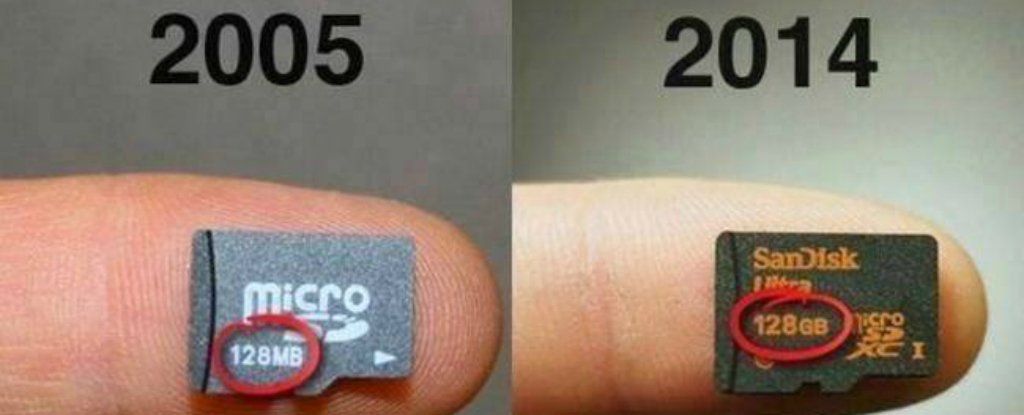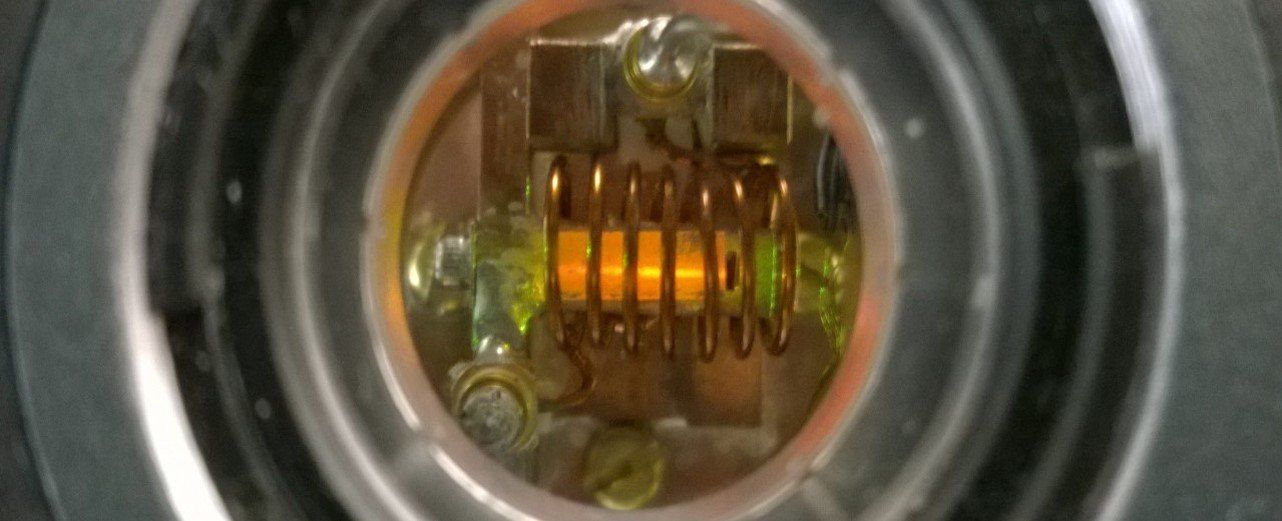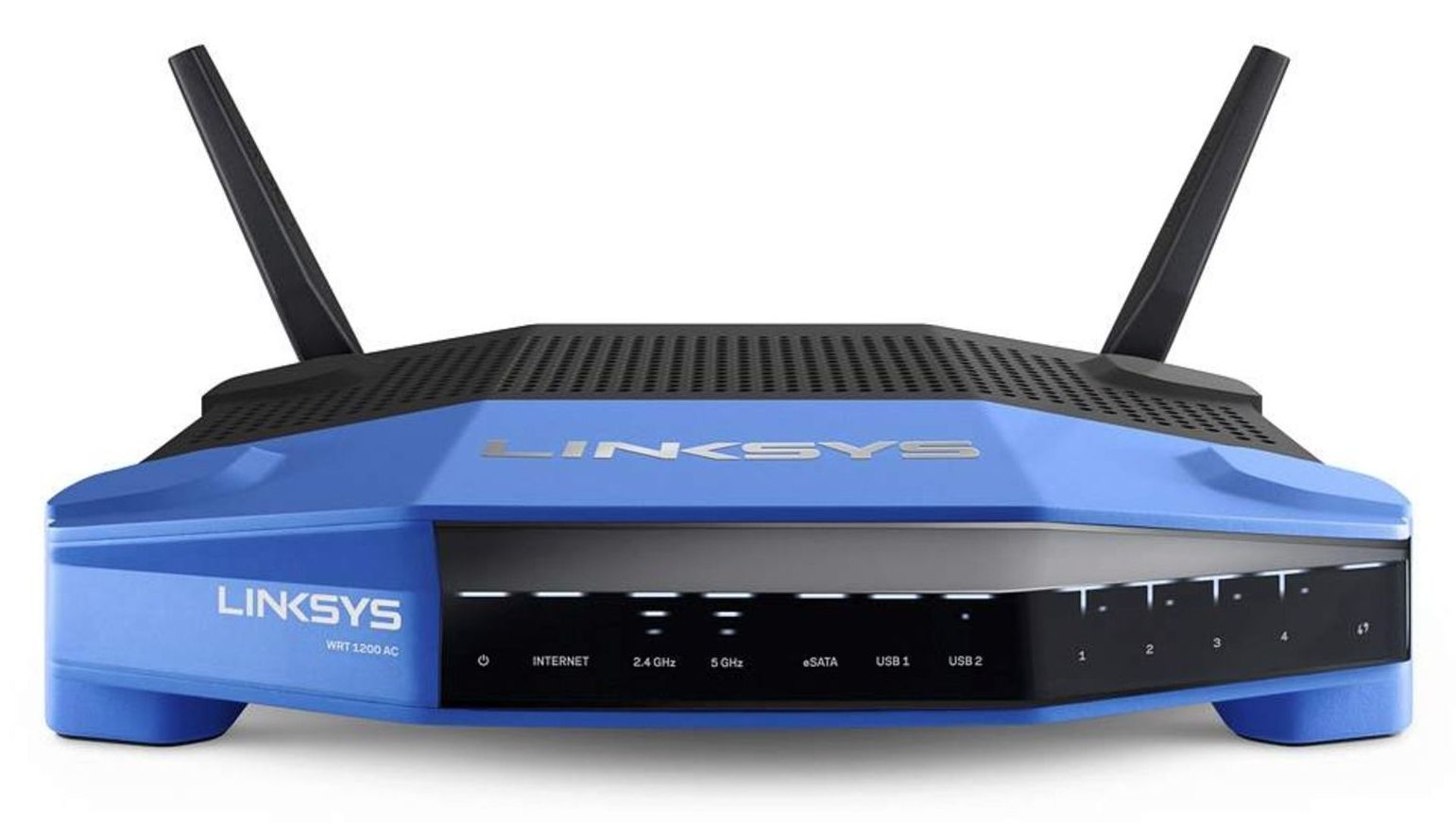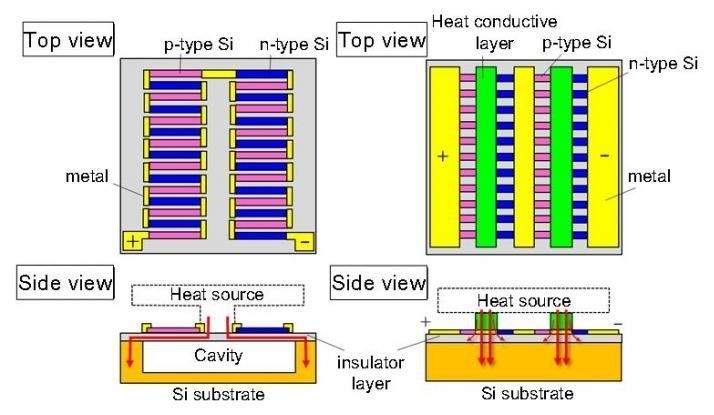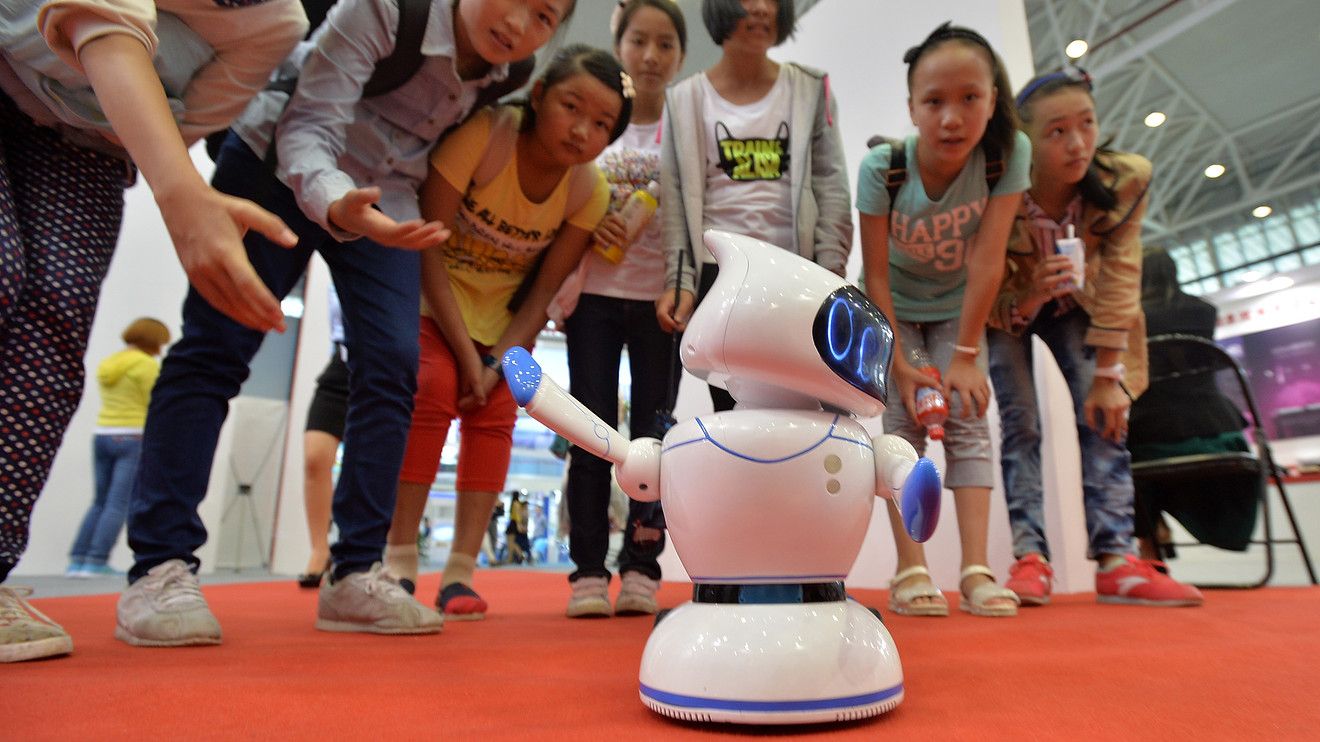Not long ago, getting a virus was about the worst thing computer users could expect in terms of system vulnerability. But in our current age of hyper-connectedness and the emerging Internet of Things, that’s no longer the case. With connectivity, a new principle has emerged, one of universal concern to those who work in the area of systems control, like João Hespanha, a professor in the departments of Electrical and Computer Engineering, and Mechanical Engineering at UC Santa Barbara. That law says, essentially, that the more complex and connected a system is, the more susceptible it is to disruptive cyber-attacks.
“It is about something much different than your regular computer virus,” Hespanha said. “It is more about cyber physical systems—systems in which computers are connected to physical elements. That could be robots, drones, smart appliances, or infrastructure systems such as those used to distribute energy and water.”
In a paper titled “Distributed Estimation of Power System Oscillation Modes under Attacks on GPS Clocks,” published this month in the journal IEEE Transactions on Instrumentation and Measurement, Hespanha and co-author Yongqiang Wang (a former UCSB postdoctoral research and now a faculty member at Clemson University) suggest a new method for protecting the increasingly complex and connected power grid from attack.
